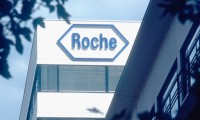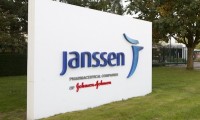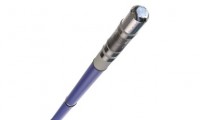-
FDA investigates ‘serious risk’ of secondary cancer following CAR-T treatment
- Source: drugdu
- 230
- November 30, 2023
-
Bayer’s trial flop, courtroom setback could restrict CEO’s options amid strategic review
- Source: drugdu
- 96
- November 23, 2023
-
FDA pushes back decision date on BMS, 2seventy bio’s Abecma in earlier line of treatment
- Source: drugdu
- 91
- November 22, 2023
-
Roche’s subcutaneous Tecentriq recommended by CHMP for multiple cancer types
- Source: drugdu
- 172
- November 18, 2023
-
Alkermes Spins Off Oncology Business with $275M to Focus on Neuroscience
- Source: drugdu
- 128
- November 17, 2023
-
Janssen reveals positive results for nipocalimab in rheumatoid arthritis
- Source: drugdu
- 105
- November 13, 2023
-
Bayer Eyes Break-Up, Management Cuts on Disappointing Q3 Results
- Source: drugdu
- 123
- November 10, 2023
-
Janssen Sends Data for Phase III Children’s Pulmonary Tuberculosis Treatment to FDA and EMA
- Source: drugdu
- 134
- November 10, 2023
-
HHS Considers Removing J&J’s Stelara from Medicare Drug Price Negotiations
- Source: drugdu
- 115
- November 9, 2023
-
J&J links radiofrequency catheter to improved quality of life in atrial fibrillation study
- Source: drugdu
- 101
- November 9, 2023
your submission has already been received.
OK
Subscribe
Please enter a valid Email address!
Submit
The most relevant industry news & insight will be sent to you every two weeks.













